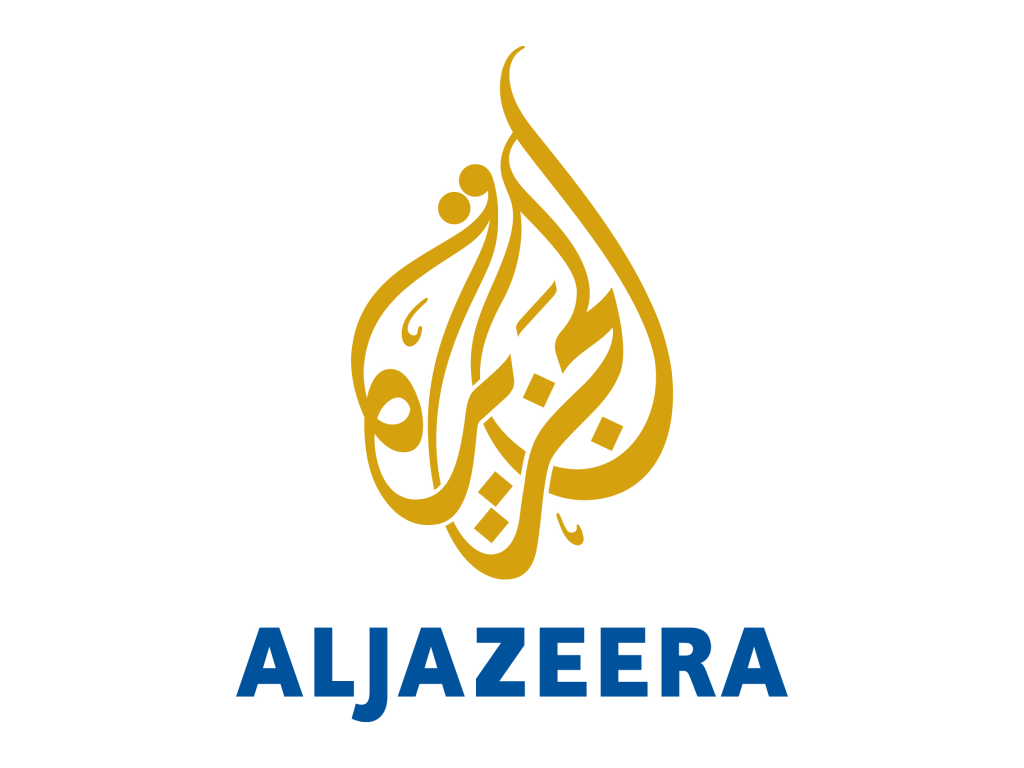Gabon’s military leader Brice Oligui Nguema has won the country’s presidential election by an apparent landslide, according to provisional results.
The Interior Ministry said on Sunday that Nguema, who led a 2023 military coup, had secured about 90 percent of the vote.
His main rival, Alain Claude Bilie-By-Nze, had won some three percent of Saturday’s vote, according to the initial results.
Nguema, who had been instrumental in ending 55 years of dynastic rule of the Bongo family, was widely expected to win the eight-candidate race.
On election day, Bilie-By-Nze had warned about “potential” problems during the counting, but Nguema said the electoral process was “transparent”.
‘Restoring dignity to Gabon’
Following his victory, Nguema spoke exclusively to Al Jazeera in his first international news interview, promising to “restore dignity to the Gabonese people”.
“I will give back to the people what they have given me today. And everything that has been stolen from the people, I want to return to them,” Nguema told Al Jazeera’s Ali Hashem.
Nguema declared the country’s foreign policy a success, citing increased international engagement and diplomatic achievements under his leadership.
“We have a foreign policy that I intend to make assertive,” he said, adding that Gabon has positioned itself as a cooperative partner with major global powers, including the United States, France, Russia, and China.
“That has worked well during the transition,” he noted.
Nguema highlighted a series of diplomatic milestones achieved in under two years. “We have received 20 ambassadors, with six accredited here in Libreville,” he said, noting that new embassies have opened, including those from the United Kingdom and India. He also revealed that Serbia and the United Arab Emirates are expected to follow soon, further boosting Gabon’s diplomatic presence.
“This means that, in 19 months, I have achieved a lot,” Nguema said. “And I have succeeded on all fronts — not just me, but the Gabonese people have succeeded on all fronts.”
No surprise in outcome
Reporting from Libreville, Hashem said the outcome of the election came as no surprise, and focus has already shifted to the president’s looming challenges.
“Nguema inherits a country that spent five decades under Bongo rule,” said Hashem.
The Bongo dynasty ruled Gabon through a web of patronage, distributing influential posts to allies and family members.
That political structure kept power concentrated in the hands of a few, while the majority of citizens saw little benefit from the country’s vast wealth.
Gabon, home to around 2.2 million people, sits on the Atlantic coast of West-Central Africa. It holds substantial reserves of oil, gold, and manganese and is part of the Congo Basin — a vital rainforest ecosystem.
Yet, despite its natural riches, nearly 40 percent of young people remain unemployed, according to the World Bank’s 2024 data.
“People here are focused on immediate needs: restoring electricity, addressing food shortages, creating jobs, and — most importantly — ensuring the country’s vast natural wealth, including oil, gold and manganese, benefits ordinary citizens,” Hashem said.
Reform or just rebranding?
Nguema, once head of the Republican Guard under former President Ali Bongo, campaigned as a reformer.
Wearing a baseball cap emblazoned with his slogan “We Build Together”, he promised to clean up corruption, diversify the oil-heavy economy, and invest in agriculture, tourism and industry.
Around a third of the population of Gabon still lives below the poverty line.
Voter turnout in the election reached 70.4 percent, significantly higher than the 56.65 percent recorded in the disputed August 2023 vote, which saw Bongo declared the winner of a third term.
The opposition rejected the result, and a military coup followed hours later.
Although Nguema now has a seven-year mandate — renewable once — many remain sceptical of real change.
“The political establishment in Gabon is still deeply intertwined with the Bongo era,” said Hashem. “The general himself led the Republican Guard under Ali Bongo, while his main rival in the election served as prime minister under the same regime. So people are wondering: is this a genuine break from the old system, or just a rebranding?”
Meanwhile, international observers and investors are watching closely. Gabon, with $3bn in international debt, is under pressure to prove it can turn the page and build democratic legitimacy.
According to the World Bank, the economy expanded by 2.9 percent in 2024, up from 2.4 percent the year before—buoyed by infrastructure development and higher output of oil, timber and manganese.
.png)
 1 day ago
1
1 day ago
1






 English (US) ·
English (US) ·